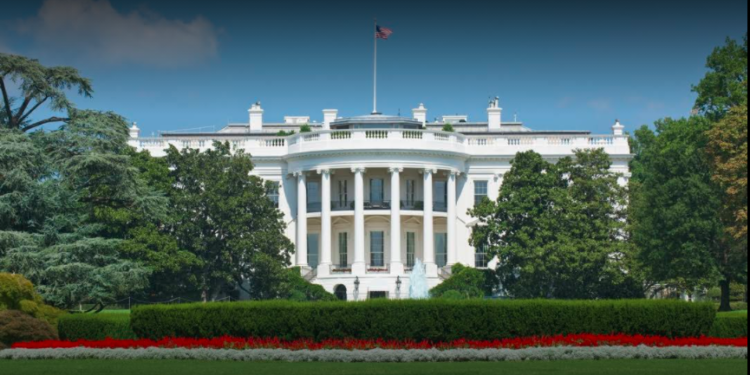The United States has lifted sanctions and visa restrictions against two International Criminal Court officials, including outgoing Prosecutor Fatou Bensouda.
In a press statement issued on Friday, April 2, 2021, the Department of State put a stop to the policy restricting the issuance of visas for ICC staff said to be investigating the Afghanistan situation and their families, citing the measures as “inappropriate and ineffective”.
Phakiso Mochochoko, the head of the Jurisdiction, Complementarity and Cooperation Division of the Office of the Prosecutor, had also been affected by the sanctions, which were imposed last year by the administration of former US President Donald Trump.
Bensouda angered the US when she started investigations into alleged war crimes committed by American military personnel in Afghanistan.
The ICC further annoyed Trump’s administration when it opened another investigation into alleged war crimes Israel had committed in the Palestinian territories.
In lifting the restrictions, the US however maintained its stand regarding the investigations.
“We continue to disagree strongly with the ICC’s actions relating to the Afghanistan and Palestinian situations. We maintain our longstanding objection to the Court’s efforts to assert jurisdiction over personnel of non-States Parties such as the United States and Israel. We believe, however, that our concerns about these cases would be better addressed through engagement with all stakeholders in the ICC process rather than through the imposition of sanctions,” read the statement.
The ICC welcomed the decision by the US Government ending sanctions and visa restrictions against ICC personnel.
“The Court is mindful that the United States has traditionally made important contributions to the cause of international criminal justice. The Court stands ready to reengage with the US in the continuation of that tradition based on mutual respect and constructive engagement,” said the statement.
Assembly of States Parties (ASP) President Silvia Fernández de Gurmendi also welcomed the revocation of the restrictions.
“I trust this decision signals the start of a new phase of our common undertaking to fight against impunity for such crimes. The Assembly and its subsidiary bodies have always welcomed the participation of the United States, and indeed of all States, in their work as well as encouraged a fruitful cooperation with the Court´s activities,” she said in a statement.
On September 10, 2018, Trump’s National Security Adviser John Bolton threatened ICC judges and officials with criminal charges, arrests, and economic sanctions if they dared to charge any American.
“The United States will use any means necessary to protect our citizens and those of our allies from unjust prosecution… We will let the ICC die on its own. After all, for all intents and purposes, the ICC is already dead,” Bolton said.
Two years later, in June and September 2020, then Secretary of State Mike Pompeo reiterated the threats against the court, which he termed as a “thoroughly broken and corrupted institution”.
“We cannot and will not stand by as our people are threatened by a kangaroo court and indeed I have a message to many close allies around the world: your people could be next, especially those from NATO countries who fight terrorism in Afghanistan alongside us,” he said during a news conference.
US hostility against the ICC heightened after the court’s Appeals Chamber allowed the investigation. America feared exposure of its Central Intelligence Agency’s (CIA) illegal programme of torture of detainees in its “black sites” in Afghanistan, Romania, Lithuania, and Poland.







